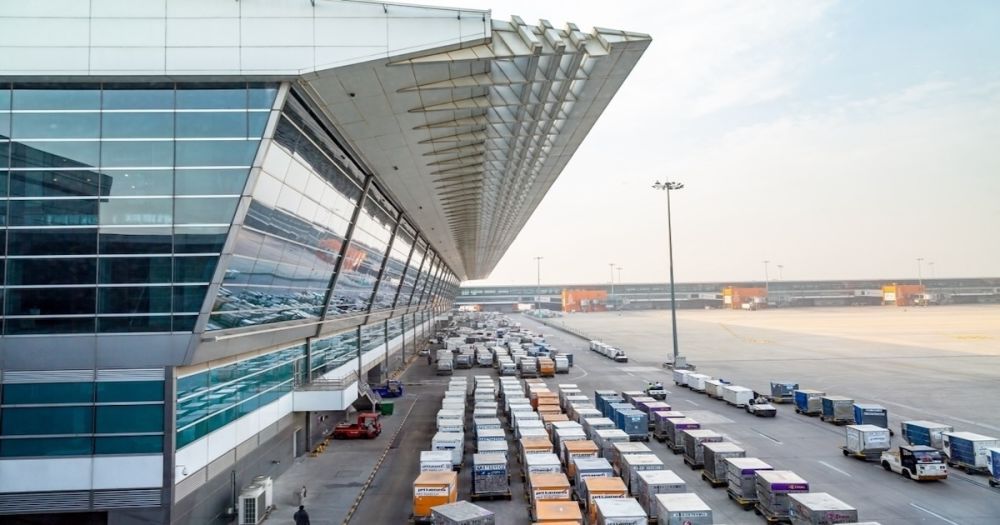Delhi Airport Achieves Net-Zero Carbon Emission Status: A Landmark in Indian Aviation


Cut through the green tape
We don't push agendas. At Net Zero Compare, we cut through the hype and fear to deliver the straightforward facts you need for making informed decisions on green products and services. Whether motivated by compliance, customer demands, or a real passion for the environment, you’re welcome here. We provide reliable information—why you seek it is not our concern.
In a significant milestone for Indian aviation, Delhi International Airport Limited (DIAL), operated by GMR Airport Infrastructure Limited, has become the first airport in India to achieve the prestigious Net-Zero Carbon Emission Airport status. This achievement, recognized under the Airport Council International’s (ACI) Airport Carbon Accreditation (ACA) program, highlights the airport's remarkable progress in reducing its carbon footprint.
By attaining Level 5 certification, Delhi Airport has demonstrated a 90% reduction in its Scope 1 and 2 CO2 emissions. This includes direct emissions from airport operations and indirect emissions from purchased energy. The airport's remaining emissions are offset through approved removals, fulfilling the stringent requirements of the ACA program.
Key Initiatives Contributing to Net-Zero Status:
Renewable Energy: Installation of a 7.84 MW solar power plant and sourcing renewable electricity have enabled the airport to operate entirely on renewable energy, cutting approximately 200,000 tonnes of CO2 annually.
Green Building Certifications: Terminal 3 and Terminal 1 (under development) have received LEED Gold and Platinum certifications, contributing to the airport's extensive green building area.
Water Management: With over 350 rainwater harvesting systems and a zero liquid discharge sewage treatment plant, the airport is on track to achieve water-positive status.
Operational Efficiency: The Airport Collaborative Decision Making (A-CDM) system has optimized air traffic flow, reducing fuel consumption and emissions.
Electric Vehicles and TaxiBots: Adopting electric vehicles and TaxiBots has significantly lowered fuel consumption and emissions during aircraft taxiing.

This achievement underscores Delhi Airport's leadership in sustainability and carbon management, setting a benchmark for other airports in India and around the world. With a commitment to further reducing Scope 3 emissions by 2050, DIAL continues to lead the charge in sustainable aviation.
Source: indiatvnews

More related content

Forbes Releases 2025 Net Zero Leaders List, Spotlighting Companies ...

Sustainability-Linked Loan Fuels Bruntwood's Property Portfolio Plans

Singapore Unveils First Decarbonisation Guide to Support Manufactur...
